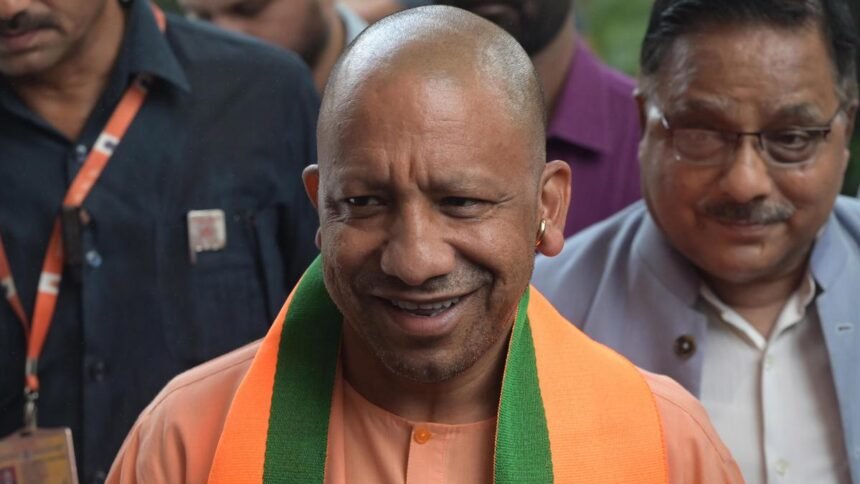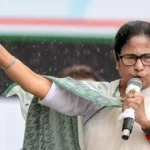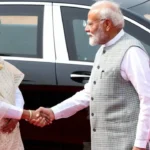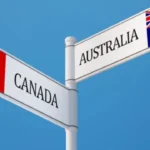Uttar Pradesh, 28 August 2024: UP Digital Media Policy – The Uttar Pradesh government’s new social media policy, which includes financial rewards for digital influencers promoting government initiatives, has drawn sharp criticism from opposition parties and social media critics.
Under the new policy, influencers will be paid to create and share content about the state government’s schemes and achievements. The policy outlines specific payment limits based on the platform and the influencer’s follower count. For example, payments on X (formerly Twitter), Facebook, and Instagram are capped at ₹5 lakh, ₹4 lakh, ₹3 lakh, and ₹2 lakh respectively. On YouTube, payments for videos, shorts, and podcasts can go up to ₹8 lakh, ₹7 lakh, ₹6 lakh, and ₹4 lakh respectively.
The Principal Secretary of the Information Department, Sanjay Prasad, explained that this policy aims to promote the government’s work and provide employment opportunities. “The government will list agencies to help influencers produce content promoting our schemes. This will also create jobs for the people of Uttar Pradesh,” Prasad said in a press release.
However, the policy has sparked strong reactions. The Samajwadi Party (SP) argues that the policy is an attempt to suppress independent voices. SP spokesperson Ameeque Jamei criticized the move, saying, “This policy is a way to censor social media. No influencer can save a government that is bound to lose in the upcoming elections. This is just a way to give jobs to BJP-linked individuals.”
The Congress party also condemned the policy, suggesting it is a sign of the government’s anxiety about social media’s role in exposing its shortcomings. Anil Yadav, General Secretary of U.P. Congress, commented, “This move shows the government’s attempt to silence criticism. Social media has played a crucial role in revealing the truth about the BJP government. This policy is designed to stifle that voice.”
Digital influencers themselves are wary of the policy. Santosh Singh, who runs the digital platform Times of Swaraj, said, “The government is trying to control the narrative by paying influencers to promote their agenda. This is an attempt to create a favorable environment for the government by using financial incentives.”
As the policy rolls out, it continues to be a point of contention, with debates ongoing about its impact on free speech and the role of social media in political discourse.













